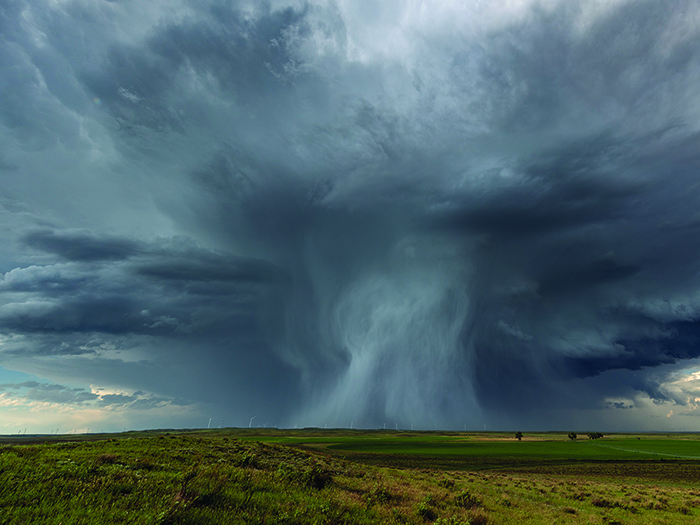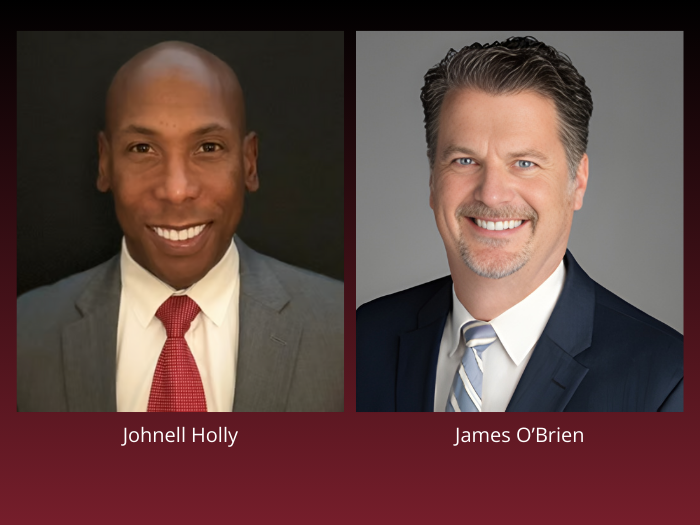Perspective | Deplorable Actors Beware: Disgrace Insurance Has Hit the Market
At last! When I read that a company was offering “disgrace insurance,” I was thrilled. I’ve always been a disgrace: Perhaps, finally, it would pay off.
No such luck. Disgrace insurance, a #MeToo-era policy offered by insurer SpottedRisk and “backed by industry-leading Lloyd’s of London syndicates,” is for companies that employ celebrities. If the star of a movie or advertising campaign is revealed to be a beast, a discovery that financially inconveniences an insured project, the policy pays out.
Since being too vile for words became unacceptable — it only took six thousand years — we have been subjected to endless unpleasant stories about unpleasant people in the public eye.
SpottedRisk calculates its premiums based on forecasting the names of monsters as yet unreported. It’s the future arriving now, as foretold by Philip K. Dick in his short story “The Minority Report.”
Dick’s tale and the Spielberg movie based on it are set in 2054. PreCrime, a specialized police department, apprehends criminals based on the predictions of three psychics. It’s a case of “think about the crime, do the time.”
SpottedRisk has assembled researchers in India to comb the internet for doubtful tweets, racial slurs, sexts or other ill-advised social media postings by some 27,000 public figures. Examples are sent to “data specialists” in Boston, who formulate a “risk score” for each celebrity, to assess how close they are to being disgraced (but not necessarily indicted).
SpottedRisk uses a “Public Outcry Index” it has developed, presumably based on opinions expressed on the bottom half of the internet.
Examples of uninsured disgrace abound as we smash the patriarchy. Kevin Spacey: SpottedRisk says it would have paid 80% of the $10 million spent by director Ridley Scott reshooting the scenes featuring Spacey in the movie All the Money in the World. For Bill Cosby and Harvey Weinstein, the poster boys for unacceptable behavior: $10 million apiece.
Seeking publicity for its new product, SpottedRisk said it would insure anyone except musician R. Kelly, who stands accused of numerous sex crimes, and U.S. President Donald Trump, who “would probably trigger a claim every week,” according to SpottedRisk’s behavioral scientist Pete Dearborn.
Let’s start with the positives. On social media, an accusation now equates to guilt. Losses occasioned by the revelation, or even suggestion, of celebrity repulsiveness can be significant. Insuring against the collapse of an expensive project for any reason is only sensible.
Of course, not hiring swine whose past behavior might wreck a project in the first place would make more sense. Surely it would be cheaper for producers to self-insure, as it were, by carrying out due diligence on potential bad apples.
For example, I could be a risk for those for whom I write. That I’m not on social media and am not a bestial type might help, even if I have disgusting thoughts, which I do. Oh yes. But I keep them to myself and would never act on them. Oh, and I have editors who remove the odd outrage from my copy.
So what’s needed here is more editors. There: I have just offended every other writer in the world. I hope Risk & Insurance® is insured. &








